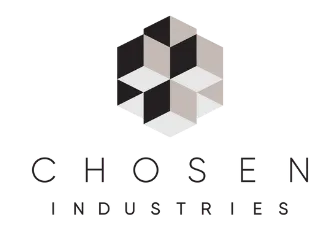Exit Strategy: How to navigate the myriad challenges faced upon the decision to close its doors?
When businesses start, they don’t think about the end. You think about your website, launch dates, branding, and all the fun stuff. The things that are going to help you start earning revenue. However, one of the best advice we can offer is to start a company with the end in mind. And if this company has a brick-and-mortar location, you need to consider the physical real estate you are purchasing (or leasing). This may seem as if you’re expecting the worst, but thinking this way–with the end in mind–helps you plan to be successful. You should always have more than one exit strategy because each life situation calls for a different action, and you should be thinking about the worst-case scenario.
When you start a business, or even if you’re in the middle of it, you should ask yourself:
- Why am I starting this business?
- Will it be a brick-and-mortar location or fully online?
- How long do I plan on owning this company?
- Will I purchase property to own or lease?
- How will the sale affect my taxable income if I sell my business and/or property?
- If I were to see my business and/or property, how would the sale affect my clients, investors, employees, etc.?
Once you have answers to these questions, you can start developing various exit strategies depending on the scenario. For example, if you suffer from a severe illness that inhibits you from continuing to run your business, will you have a power of attorney to make decisions for you based on your wishes? Will you pass it down to your family if you want to retire? Friends? The other board members? Do you want to sell if your business is suffering and not making as much revenue? Or do you want to propose a deal with a larger company to envelop yours? Will this include the property? Or do you want to rebrand your company and repurpose the property? With each answer, there are more questions until you have several exit strategies to help you and your business succeed in practice and at the end.
All these questions then need to take into consideration your values. Because your company’s values are what propels your success. No matter what you decide as possible exit strategies, you need to ensure that they align with your and your company’s values. This is what we call “value-driven new business solutions” because every potential problem it can be solved with value-driven solutions.
As Chosen Industries defined what we did, the biggest question was what to do with the remaining commercial real estate assets. Our first client was a weapon ammunition company, and they were in the process of phasing out. As we spoke to the client, we had a lot of questions for them: Did they want to repurpose the building? Starting building an exit strategy? Are there other opportunities, or do they sell? After several questions and conversations, we realized that the struggle was not in the phasing out of one world but in understanding what options could be next. That necessity started my foray into developing innovative solutions with commercial land assets. Most real estate investors look for brokers that sell the property as if that is the only option. I quickly realized there isn’t much thought into adaptive reuse or finding a way to repurpose the building. Most business owners and proprietors don’t know how to search for exit strategy consultants (fear of cost or because of the lack of finding someone in their network). In the case of the defense contracting firm, the owner knew me and therefore entrusted me with the responsibility of developing exit strategies and offering value-driven new business solutions. Opportunity arrived through trust in the relationship. Focused but innovative solutions were delivered by way of understanding their goals. The firm became a client, and Chosen Industries was launched.

